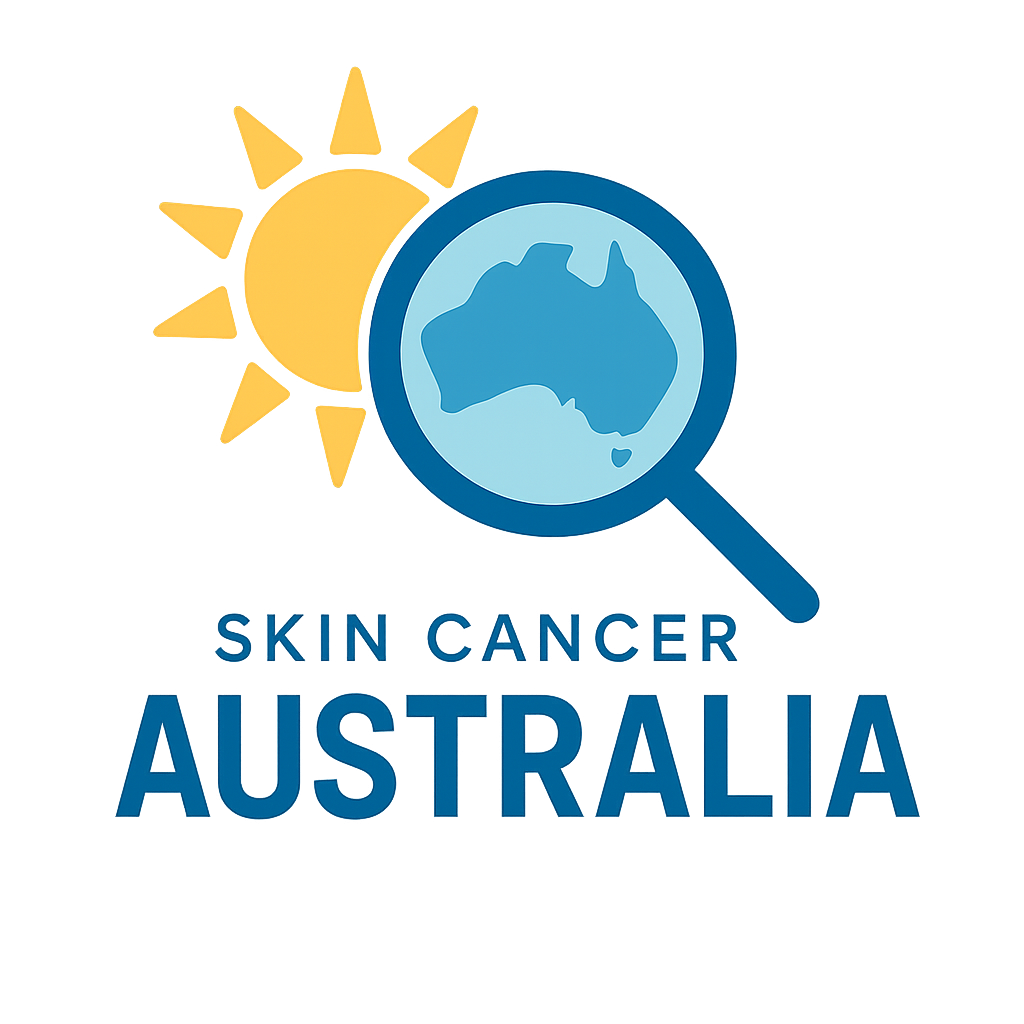Can Your Diet Protect You from Skin Cancer? What Australians Should Know
Understanding the Link Between Food and Skin Cancer Prevention
Skin cancer is Australia’s most common cancer, with nonmelanoma skin cancer (NMSC) making up the vast majority of diagnoses. While sun protection and regular skin cancer screening in Melbourne remain essential, researchers are exploring an intriguing question: Can your diet help protect you from skin cancer?
A growing body of evidence suggests that dietary antioxidants (AOs)—compounds found in many fruits and vegetables—may play a role in protecting skin from sun-induced DNA damage, which can lead to cancer.
What Are Dietary Antioxidants?
Antioxidants are natural substances that help neutralise free radicals—unstable molecules that can damage DNA and lead to cancer development. These free radicals are often triggered by ultraviolet (UV) radiation from the sun.
The most commonly studied dietary antioxidants include:
-
Vitamin C (found in citrus fruits, strawberries, capsicum)
-
Vitamin E (found in nuts, seeds, and vegetable oils)
-
Beta-carotene (found in carrots, sweet potatoes, pumpkins)
-
Selenium (found in fish, eggs, and Brazil nuts)
What the Science Says
Lab and animal studies show clear benefits of antioxidants in preventing skin cancer. Mice fed diets high in vitamins C, E, selenium, or beta-carotene showed fewer skin cancers when exposed to UV light.
However, when it comes to human studies, the results are mixed.
Antioxidant Supplements
Multiple large-scale trials of AO supplements found no reduction in skin cancer incidence. In some cases, such as selenium supplements, there was even an increased risk of squamous cell carcinoma in certain populations.
Whole Foods vs Supplements
There’s a significant difference between getting antioxidants through whole foods and supplements. Whole foods contain a complex mix of nutrients that may work synergistically, offering better protection than isolated supplements.
In one Australian study, participants who followed a fruit-and-vegetable-rich diet had a 54 per cent lower risk of squamous cell carcinoma compared to those consuming high meat and fat diets.
Practical Advice: Diet and Skin Checks Go Hand in Hand
While we cannot yet claim that diet alone prevents skin cancer, here’s what we do know:
-
Antioxidants from whole foods may offer some protection, especially against free radical damage caused by UV exposure.
-
There’s no strong evidence to support antioxidant supplements as a skin cancer prevention strategy.
-
A healthy diet supports overall skin health and may reduce the burden of other chronic diseases.
And importantly, diet should never replace essential practices like sun protection and skin cancer screening in Melbourne.
What You Can Do in Melbourne
If you’re looking to reduce your risk of skin cancer:
-
Eat more antioxidant-rich foods – aim for five or more servings of fruits and vegetables per day.
-
Get regular skin checks – especially if you have fair skin, a history of sunburns, or a family history of skin cancer.
-
Visit a local skin cancer clinic for expert assessments.
-
Choose whole foods over supplements – unless advised by your GP.
-
Stay sun safe – use sunscreen, wear protective clothing, and avoid tanning.
Where to Get Checked
Melbourne residents are encouraged to book a skin check at a reputable skin cancer clinic in Melbourne. If you are concerned about a mole or sun spot, or you’re interested in non-surgical mole removal in Melbourne, early action can make all the difference.
Whether it’s for a suspicious mole, wart removal in Melbourne, or a full-body assessment, services like mole removal Melbourne and sun spot removal Melbourne are readily available across the city.
Final Word
Australia leads the world in skin cancer cases, but also in prevention efforts. Alongside annual skin cancer checks, maintaining a healthy diet may offer an added layer of defence. But not all antioxidants are created equal. Focus on real food, not pills.
In the meantime, if you’re due for a skin check, do not delay. Prevention starts with awareness and action.
References
-
Katta R, Brown DN. Diet and Skin Cancer: The Potential Role of Dietary Antioxidants in Nonmelanoma Skin Cancer Prevention. Oxidative Medicine and Cellular Longevity. 2015. https://doi.org/10.1155/2015/893149
-
Sinclair R. Skin checks. Australian Family Physician. 2012;41(7):464–469. https://www.racgp.org.au/guidelines/redbook
-
Breitbart EW et al. Systematic skin cancer screening in Northern Germany. J Am Acad Dermatol. 2012;66(2):201–211.
-
Skin Cancer Australia Clinic Directory: https://skincanceraustralia.com.au/highly-rated-skin-check-clinics-in-australia/
